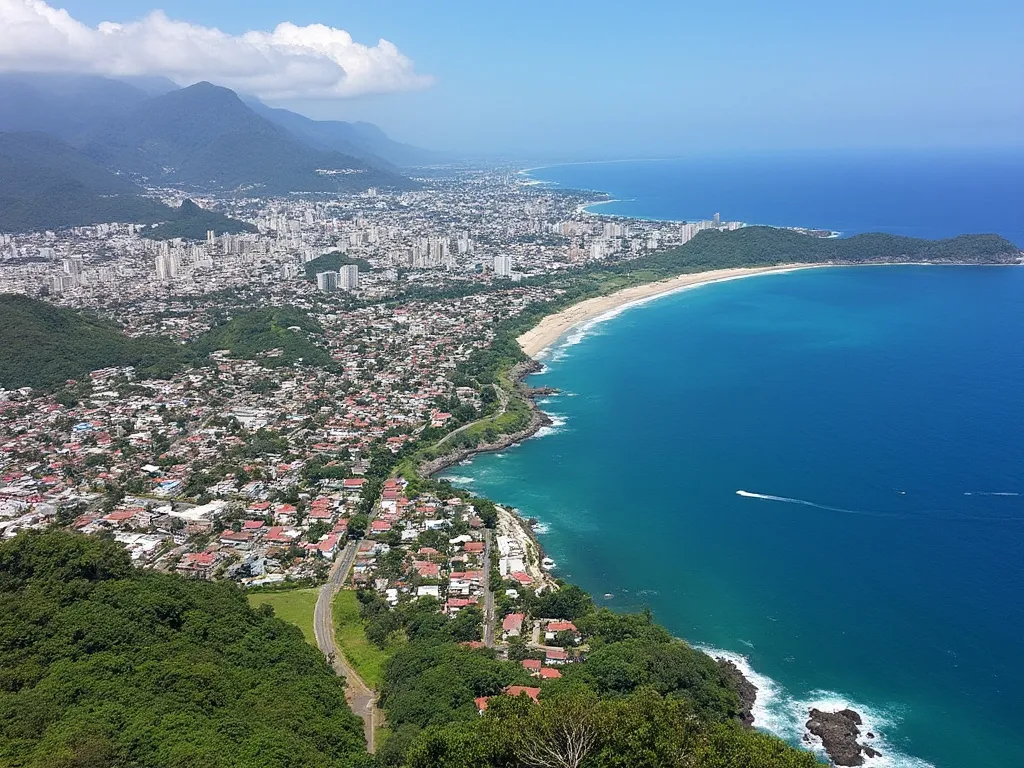
Monrovia is the capital and largest city of Liberia, a West African country. Located on the Atlantic coast, Monrovia is a bustling metropolis with a rich history and cultural heritage. The city was founded in 1822 by the American Colonization Society and was named after U.S. President James Monroe.
Monrovia Information
| Country | 🇱🇷 Liberia |
| Population | 1.1 million |
| Coordinates | 6.3122° N, 10.7973° W |
| Area | 194.25 km² |
| Climate | Tropical monsoon climate |
| Language | English |
| Currency | Liberian dollar (LRD) |
| Time zone | GMT (Greenwich Mean Time) |
| Proximity to other major cities | Freetown, Sierra Leone (375 km), Conakry, Guinea (432 km), Dakar, Senegal (975 km) |
Historical Background of Monrovia
Monrovia has a long and complex history, dating back to the early 19th century. The city was established as a colony for freed slaves from the United States, and it quickly grew into a thriving commercial center. During the American Civil War, Monrovia became a major hub for the export of coffee, cotton, and other commodities. In the early 20th century, Liberia became an independent country, with Monrovia as its capital.
Geographical Location of Monrovia
Monrovia is situated on the northwestern coast of Liberia, along the Atlantic Ocean. The city is nestled in a coastal plain, surrounded by hills and mountains. The nearby Mesurado River flows into the ocean, creating a scenic landscape. Monrovia's location makes it an important port city, with a busy harbor and a strong maritime industry.
Cultural Significance of Monrovia
Monrovia is a city with a rich cultural heritage. The city is home to a variety of ethnic groups, each with their own language and customs. The city's cultural scene is vibrant, with numerous festivals and events taking place throughout the year. The most notable is the Liberian Independence Day celebration, which is held on July 26th.
Economic Importance of Monrovia
Monrovia is the economic hub of Liberia, with a strong focus on trade and commerce. The city is home to the country's main port, which handles a significant portion of Liberia's international trade. The city is also a center for banking and finance, with several major banks and financial institutions having operations there.
Interesting Facts About Monrovia
- Monrovia is home to the oldest university in West Africa, the University of Liberia.
- The city has a unique blend of African, American, and European architectural styles.
- Monrovia is home to a lively market scene, with numerous markets selling everything from fresh produce to handicrafts.
- The city has a vibrant music scene, with a unique blend of traditional and modern styles.
Tourist Attractions in Monrovia
- The National Museum of Liberia, which showcases the country's history and culture.
- The Monrovia Central Market, a bustling marketplace selling everything from fresh produce to handicrafts.
- The Liberian National Zoo, which is home to a variety of African wildlife.
- The Providence Island, a scenic island located just off the coast of Monrovia.
Conclusion on Monrovia
Monrovia is a vibrant and historic city, with a rich cultural heritage and a strong sense of community. From its bustling markets to its scenic coastal location, Monrovia has something to offer for everyone. Whether you're interested in history, culture, or just want to experience the warm hospitality of the Liberian people, Monrovia is a must-visit destination.
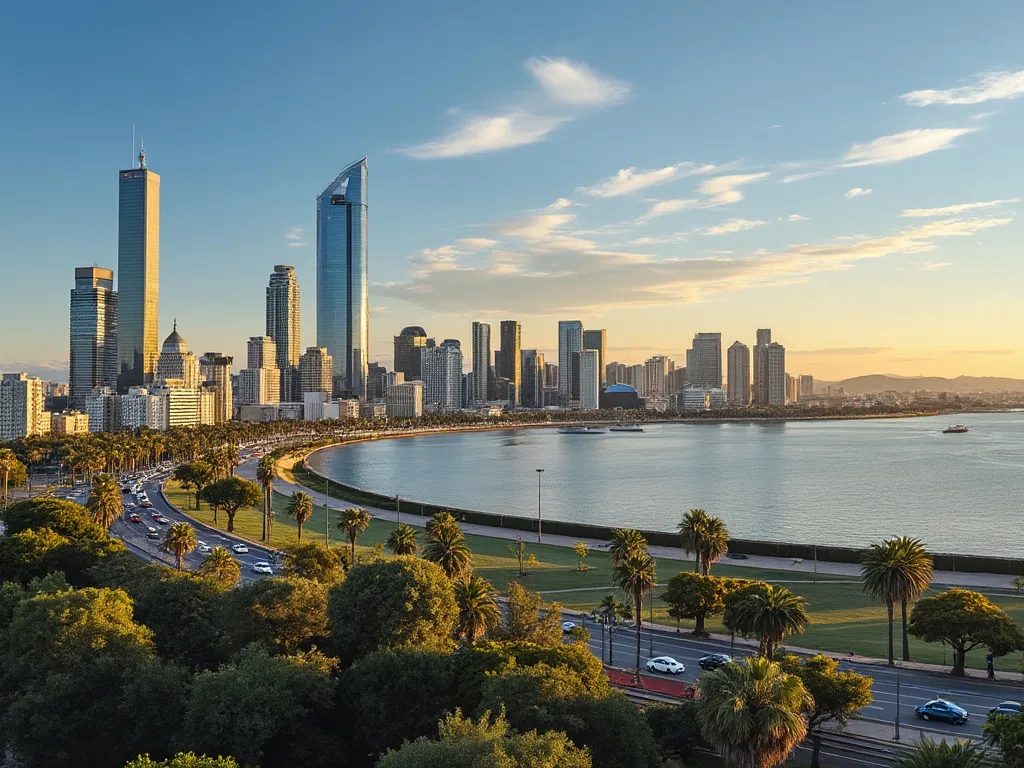 Montevideo
Montevideo
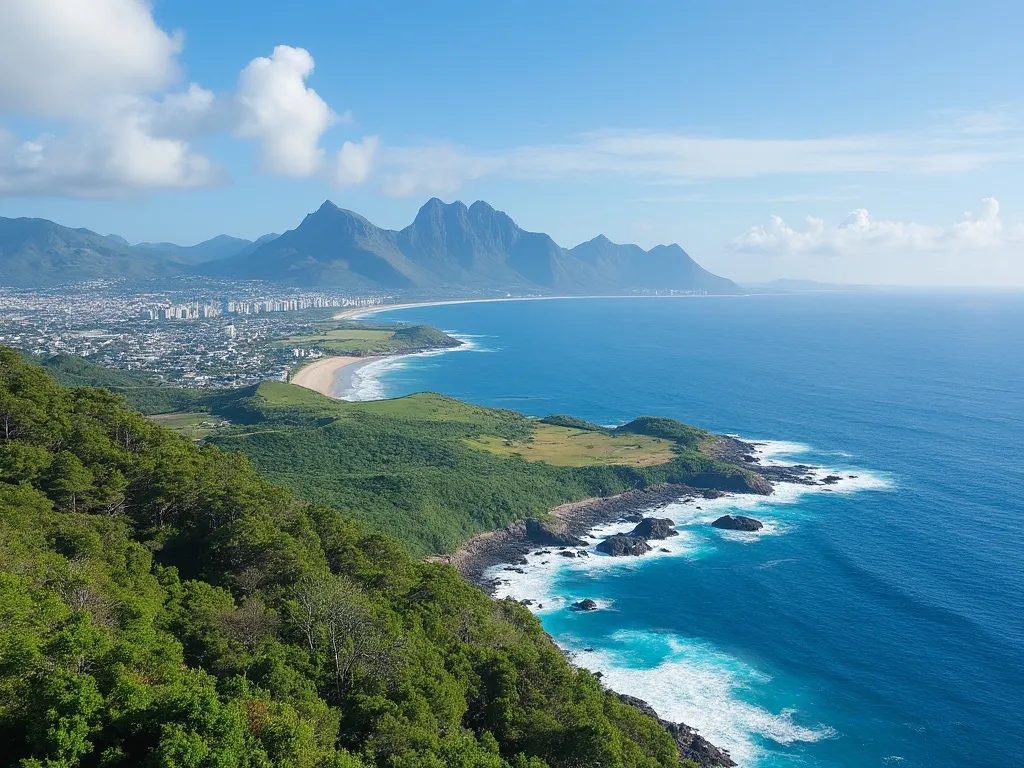 Moroni
Moroni
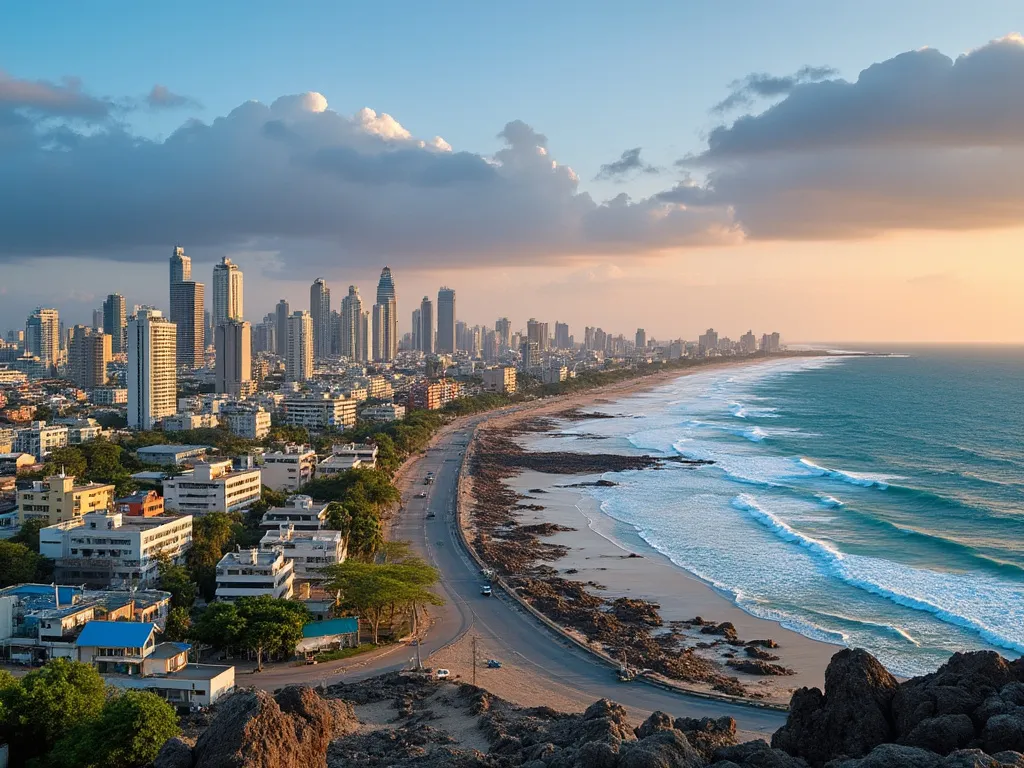 Mogadishu
Mogadishu
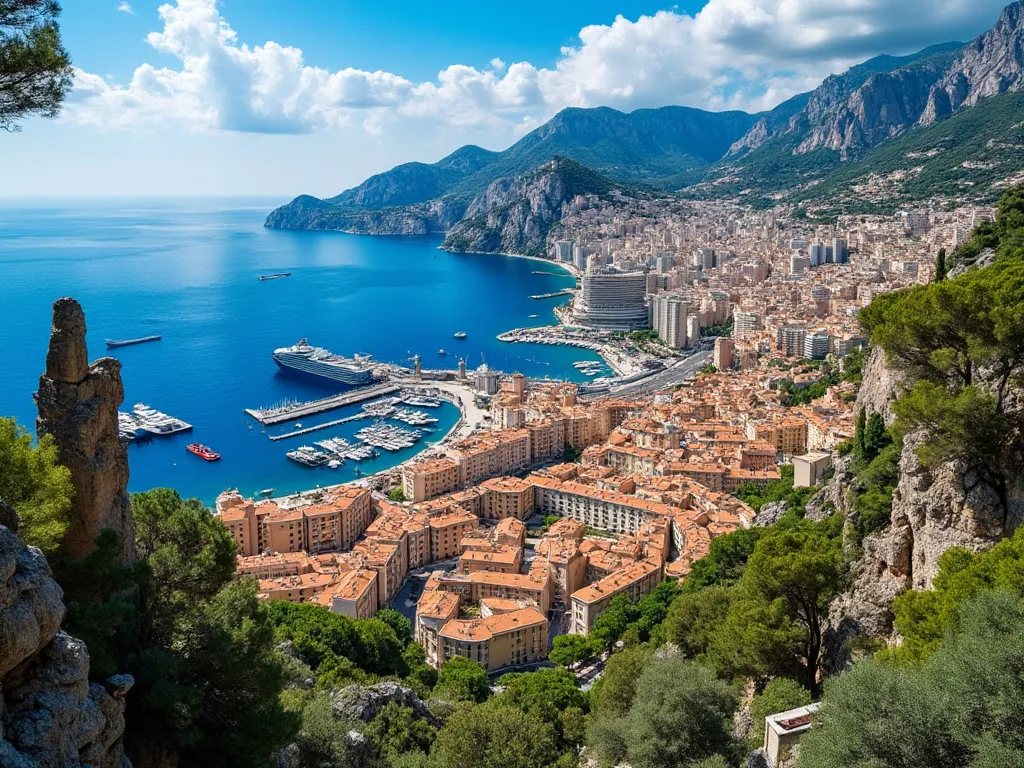 Monaco
Monaco